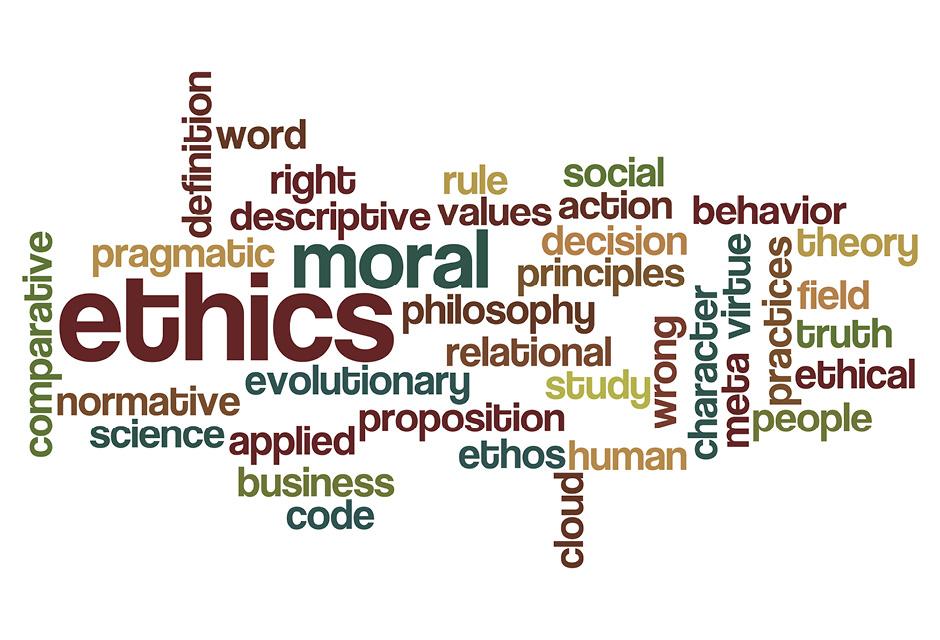




The discipline of philosophy is a fundamental course of study for all college students. Philosophy courses explore enduring human concerns regarding the nature of knowledge, reality, the mind, and values. Students are trained to understand and analyze classic philosophical texts as well as to think critically about contemporary issues relating to social justice, human rights, the environment, technology, art, and religion. Philosophy courses help to instill lifelong habits of questioning, analyzing, and exploring alternative viewpoints. The study of philosophy also develops critical reading, writing, and thinking skills that are crucial for success at the university level. The overall mission of this program is to aid students in developing the requisite knowledge and skills to excel upon transfer to the CSU and UC systems.





View all LBCC’s Programs of Study and Curriculum Guides
(New students need to refer to the current academic year for the most up-to-date info)
A philosophy degree is an excellent preparation for a wide variety of careers due to its focus on critical reading, thinking, analysis, and writing. Philosophers have the unique ability to assess situations and offer solutions from multiple perspectives.
Philosophy is the study of reality, knowledge, and values.
Yes, and there are also the following clubs related to philosophy:
Students who earn degrees in philosophy can work in any of the fields listed under career opportunities. Students may also continue their education in philosophy, go to law school, or go to business school. The skills that you learn by earning a philosophy degree, such as critical reading, thinking, analysis, and writing, can be applied to most fields.
While there is a program map for taking the philosophy classes, none of the philosophy classes have prerequisites and they can be taken in any order.
One application of logic is the programming of computers. Any time that you use a computer, someone who has logic skills was doing the work that allows you to work with the computer. If you enjoy the material in logic class, you can pursue a career in computer programming.
An ethics class will teach you ways to look at what is right or wrong, and who is a good or bad person, for instance. It will also examine views that might prevent one from engaging in a rational ethical discussion.